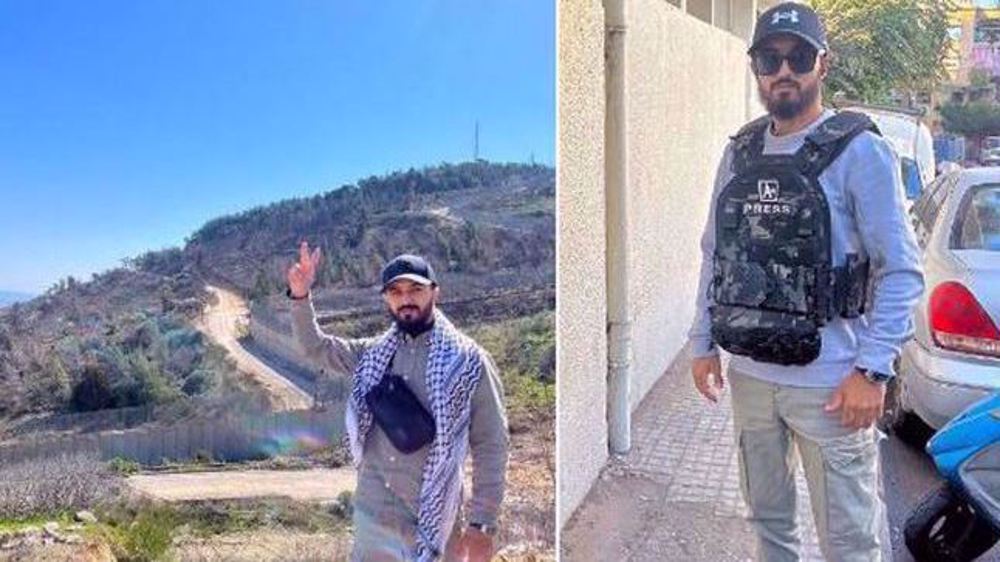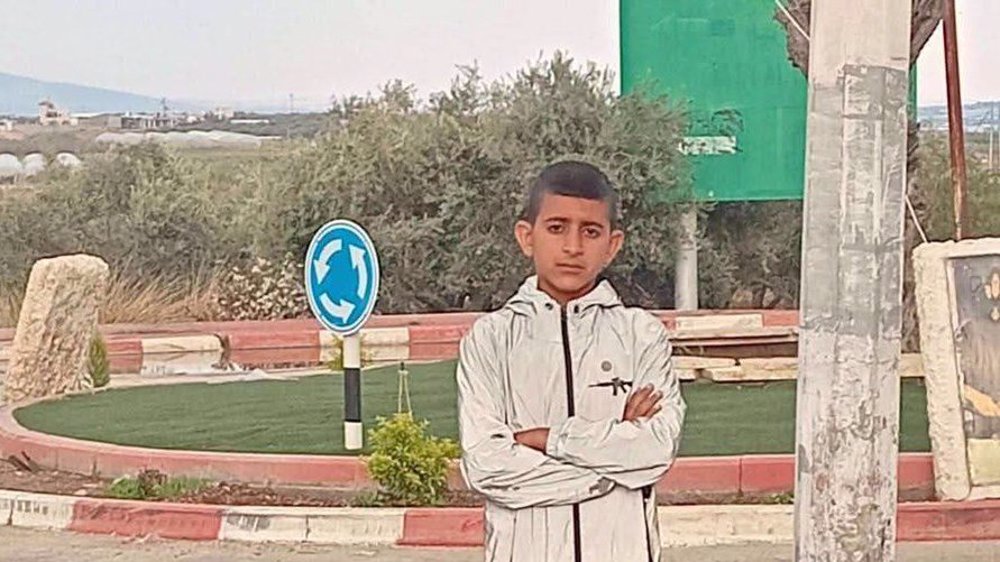Palestinian state creation, Saudi price for normalization with Israel: Saudi prince
Amid reports of covert contacts between Riyadh and Tel Aviv, a senior member of the Saudi royal family claims the kingdom will not follow the United Arab Emirates in normalizing ties with Israel until the creation of a sovereign Palestinian state with Jerusalem al-Quds as its capital.
Saudi Prince Turki bin Faisal Al Saud made the comments in an article published in the London-based and Riyadh-owned Asharq al-Awsat daily newspaper on Friday.
"Any Arab state that is considering following the UAE should demand in return a price, and it should be an expensive price," Prince Faisal, a former Saudi ambassador to Washington and ex-intelligence chief, wrote.
"The Kingdom of Saudi Arabia has set a price for concluding peace between Israel and the Arabs - it is the creation of a sovereign Palestinian state with Jerusalem [al-Quds] as capital, as provided for by the initiative of the late King Abdullah," he added.
In an agreement apparently brokered by US President Donald Trump, Israel and the UAE announced in a joint statement, issued by the White House, that they had agreed to the full normalization of relations.
On Wednesday, Trump said he expected Saudi Arabia to join the deal, which sparked anger among Palestinians and supporters of the Palestinian cause against Israeli occupation.
However, Prince Faisal claimed that Abu Dhabi-- Riyadh's close ally-- had secured a key condition - a halt to Israeli annexation plans.
In the first Saudi reaction to the UAE-Israeli deal, Foreign Minister Faisal bin Farhan Al Saud said on Wednesday that Riyadh remained committed to "the Arab Peace Initiative."
The so-called Arab Peace Initiative, which was proposed by Saudi Arabia, calls on Israel to agree to a “two-state solution” along the 1967 borders and a “just” solution to the Palestinian refugee issue.
The UAE is only the third Arab state in more than 70 years to forge full relations with Israel.
Under the US-brokered deal, Israel has allegedly agreed to "temporarily" suspend applying its own rule to further areas in the occupied West Bank and the strategic Jordan Valley that Prime Minister Benjamin Netanyahu had pledged to annex.
The Arab-Israeli attempts to normalize ties come as Tel Aviv and Washington have stepped up attempts to legitimize Israeli occupation as part of Trump’s so-called “deal of the century” initiative unveiled earlier this year.
In an op-ed for Israeli paper Yedioth Ahronoth, the Emirati ambassador to the US claimed the new normalization agreement with Israel would allow for “direct” advocacy for the Palestinian cause, including the establishment of a sovereign state, now with “stronger” tools.
“As we have for fifty years, we will forcefully advocate for these ends,” Yousef al-Otaiba wrote in the piece on Friday.
“Now, we will do it directly, face to face and empowered with stronger incentives, policy options and diplomatic tools," he claimed.
Although the Emirati officials have described the normalization pact as a step toward helping Palestinian statehood by halting annexation plans, Palestinian President Mahmoud Abbas has criticized those for whom “the Palestinian question begins and ends with annexation.”
'UAE mulls purchasing laser defense system from Israel'
Meanwhile, Israeli newspaper Israel Hayom reported on Friday that the UAE is considering the purchase of the Israeli-made “Light Blade” laser system to boost its defense capabilities.
According to the paper, representatives from the UAE reached out to Israeli parties that played a role in developing the system, regarding the possibility of purchasing a number of operational units.

France detains Iranian journalist amid crackdown on pro-Palestinian voices

Israeli forces murder minor, critically injure young Palestinian during West Bank raids

Tahrir Hospital director: Gaza children at most severe stage of malnutrition
India downgrades ties with Pakistan after deadly Kashmir attack
Iran’s steel output up 3.7% y/y to 3.3 million mt in March
There is good chance that US and Iran can reach an agreement: Veteran diplomat
VIDEO | Yemen faces environmental crisis due to oil spill caused by US strike
Israeli forces murder minor, critically injure young Palestinian during West Bank raids
Yemen's president orders nationwide ban on all US products
France detains Iranian journalist amid crackdown on pro-Palestinian voices
VIDEO | Digital censorship amid aggression: Google disables Street View in West Bank












 This makes it easy to access the Press TV website
This makes it easy to access the Press TV website